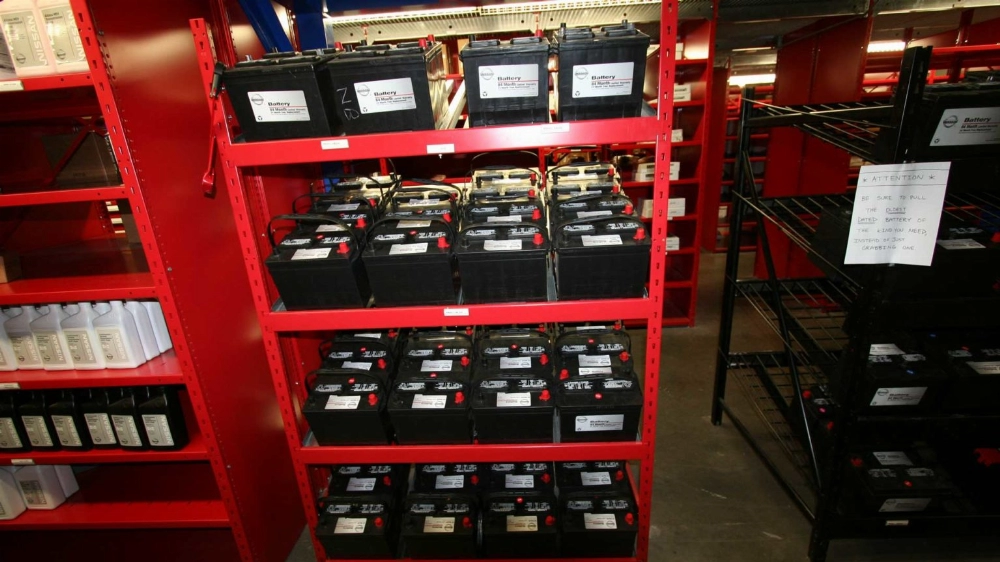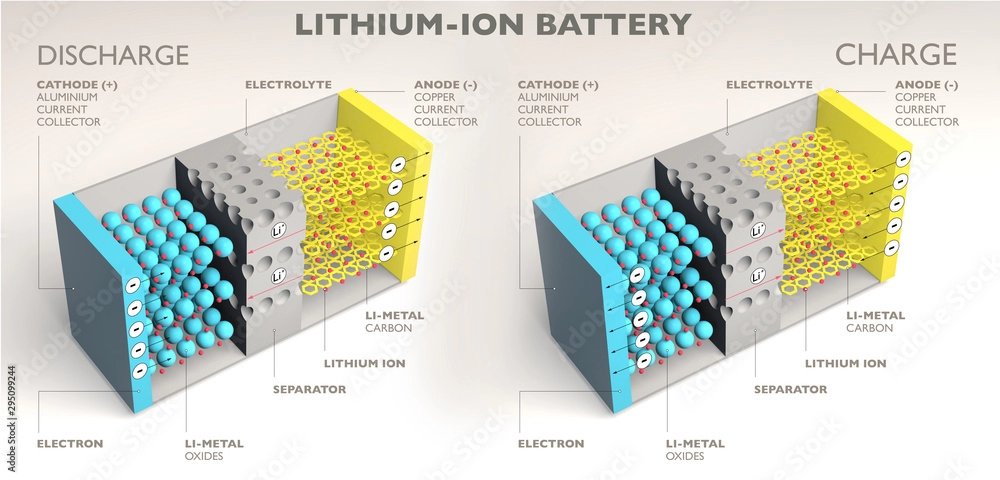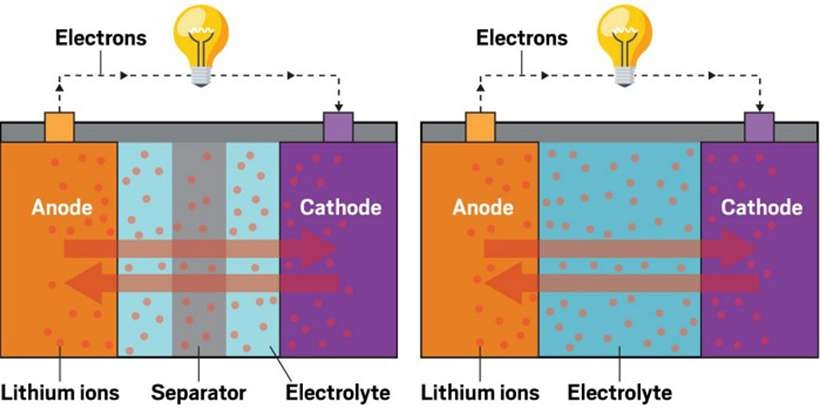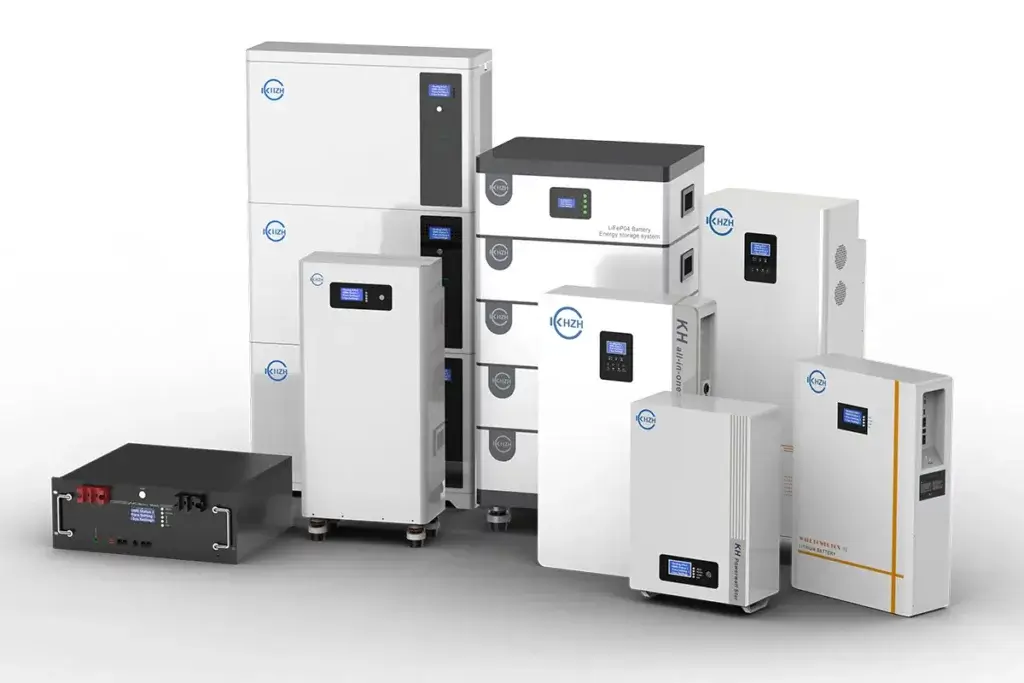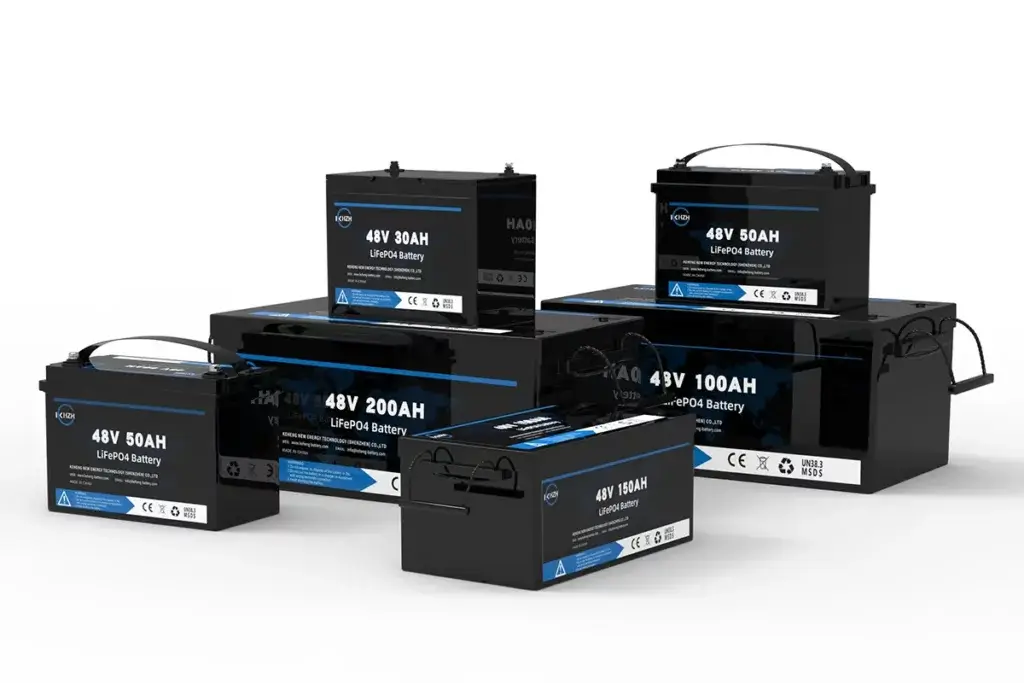Lithium batteries are an integral part of many of our everyday devices, from smartphones and laptops to electric vehicles. But have you ever wondered what happens when these batteries are left unused for extended periods? In this article, we will explore the effects of storing lithium batteries when not in use, best storage practices, and how to maintain their lifespan. Let’s delve into this topic to ensure your lithium batteries are always in optimal condition!
The Effects of Long-Term Lithium Battery Storage
When lithium batteries are left unused for extended periods, several things can happen. First and foremost, they experience self-discharge. This means that even when the battery is not powering a device, it will still gradually lose its charge. Over time, if left unmonitored, this self-discharge can lead to the battery being completely depleted. Additionally, passivation
Lithium Battery Storage Guide
Cool and Dry Environment
Always store your batteries in a cool, dry place to avoid heat and moisture damage.
Keep Away From Direct Sunlight
Store batteries away from direct sunlight to prevent overheating.
Regular Checks
Check the battery level every few months and charge them to 50-60% as needed.
Factors Affecting Battery Storage Time
Temperature
High temperatures can accelerate the aging of lithium batteries. It’s best to store them at temperatures between 20°C to 25°C (68°F to 77°F).
Humidity
Humidity can cause corrosion and damage to batteries, so it’s crucial to keep them in a dry environment.
Battery Age/Lifespan
Newer batteries generally have a longer lifespan than older ones. If you’re storing an old battery, expect it to degrade faster.
Is it Harmful to Store Lithium Batteries Uncharged for an Extended Period?
Storing lithium batteries fully discharged for extended periods can be harmful. If left uncharged for too long, the battery may enter a deep discharge state, leading to irreversible damage, significant capacity loss, and potential safety risks. To prevent this, always store lithium batteries with a partial charge.
Risks of Deep Discharge
- Permanent Capacity Loss: The battery’s capacity may be permanently degraded.
- Increased Internal Resistance: This can lead to reduced efficiency in power transfer.
- Safety Concerns: Deep discharge can cause the battery to swell or experience other physical damage, presenting potential safety hazards.
Do Lithium Batteries Lose Charge When Not in Use?
Yes, lithium batteries gradually lose charge through self-discharge. The rate of this self-discharge depends on the battery’s quality, age, and storage conditions. On average, a lithium battery may lose around 2-3% of its charge per month when stored properly. While this may seem like a small amount, it can accumulate over several months, potentially leading to the battery being depleted when you need to use it. Regularly checking and charging your batteries will help keep them in good condition.
Factors Affecting Self-Discharge
- Battery Quality: Higher-quality batteries tend to have lower self-discharge rates.
- Battery Age: Older batteries typically have higher self-discharge rates compared to newer ones.
- Storage Conditions: Proper storage in a cool, dry environment can reduce self-discharge.
How to Store Lithium Batteries Long-Term
Proper storage is critical for maintaining the health and performance of your lithium batteries. Follow these tips to ensure they stay in good condition:
Partial Charge
Store batteries with a 50-60% charge to minimize stress and prevent deep discharge.
Cool, Dry Place
Ensure the batteries are stored in a cool, dry place.
Properly Store Lithium Batteries to Extend Their Lifespan
Lithium batteries are a reliable power source for various devices, but storing them correctly is crucial to maintain their performance and extend their lifespan. By following a few simple guidelines, you can ensure that your lithium batteries remain in optimal condition and are ready to use when you need them.
Best Practices for Storing Lithium Batteries
- Cool and Dry Environment
Always store lithium batteries in a cool, dry place. Extreme temperatures can negatively impact battery life, so aim for a temperature range of 20°C (68°F) to 25°C (77°F). Avoid exposing batteries to direct sunlight or humid environments, as these conditions can cause them to degrade. - Charge Level
When storing lithium batteries, it’s important to maintain their charge level at an optimal state. A charge level between 40% and 60% is ideal. Storing batteries either fully charged or completely discharged will shorten their lifespan. Check the charge level periodically and charge them as needed. - Regular Inspection
Lithium batteries should be inspected regularly to ensure they are in good condition. This includes checking for any signs of damage, such as swelling or leakage. If you notice any issues, it’s best to dispose of it properly to avoid potential hazards.
By following these guidelines, you can ensure the performance and safety of your lithium batteries.
